16 March 2025
Trash talk. It’s the unspoken, yet in-your-face, part of basketball that goes beyond the scoreboard. It's a mental game, a battle of wits, and a psychological war that can shake even the most composed players. But what makes trash talk so powerful in the context of basketball? Why does it rattle some players while others seem to thrive on it?
In this article, we're going to break down the art of trash talk—how it plays a crucial role in basketball, the psychological effects it has, and why some of the greatest players embrace it as part of their game. So, let’s dive in and see why this form of mental warfare is more than just words.
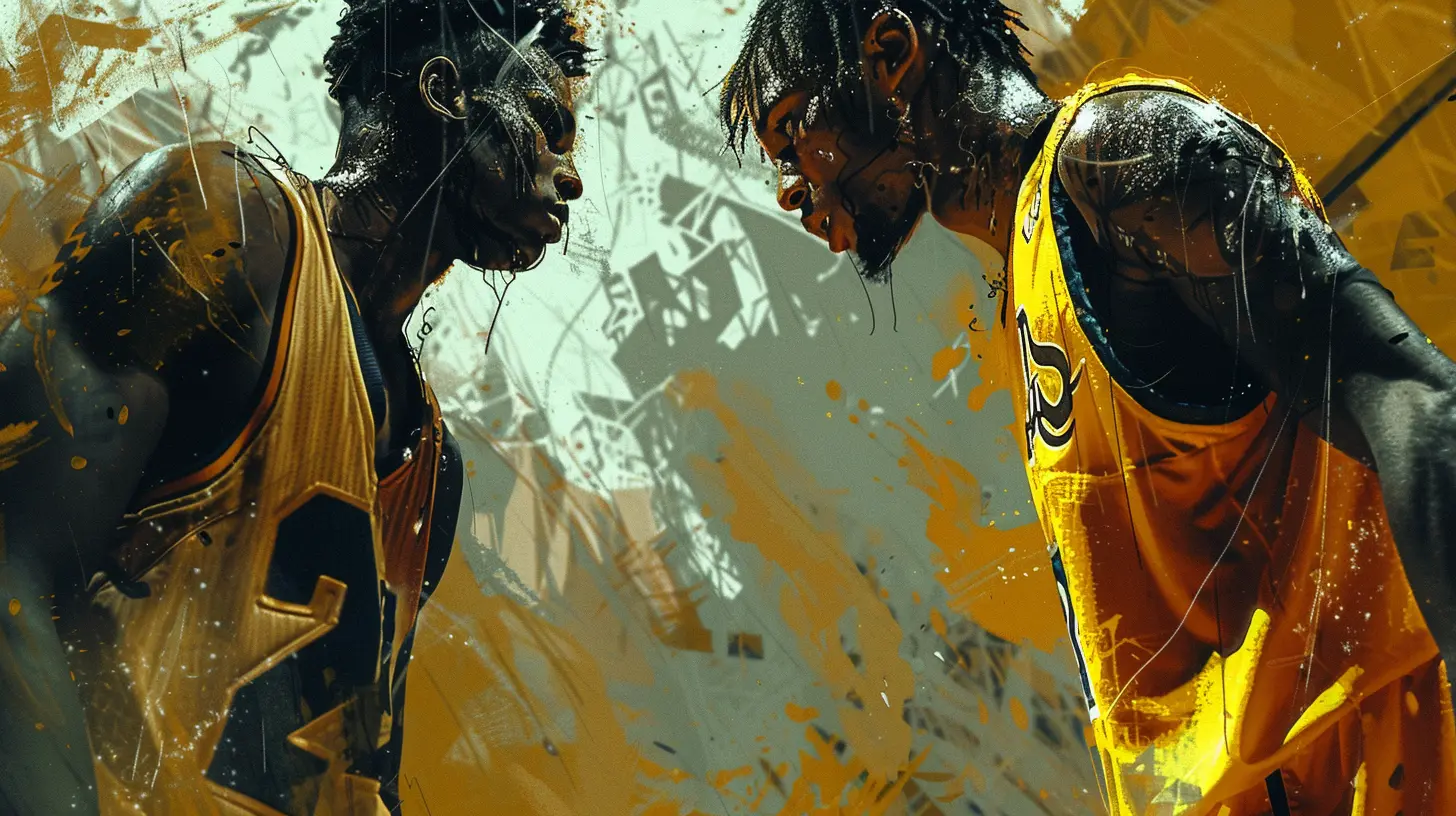
Trash Talk: More Than Just Noise
Trash talk is like seasoning in a recipe—you can play basketball without it, but sprinkling it in can change the entire flavor of the game. It’s not just about talking smack for the sake of it; it’s a strategic tool. The right words, at the right time, can throw off your opponent’s rhythm, shatter their confidence, and sometimes even make them second-guess their own abilities.We’ve all seen it. A player will make a shot, then get up in someone’s face, chirping something that makes the defender lose focus. Suddenly, that defender’s game seems off. They’re missing shots, making sloppy plays, or even getting into foul trouble. Trash talk isn’t just words; it’s an art form designed to get into the opponent's head.
The Psychological Impact
Think about it—basketball is as mental as it is physical. You can be the most athletic player on the court, but if you're not mentally tough, you won’t last. Trash talk taps into this vulnerability. It's a mind game. When someone is talking trash, they’re not just trying to hurt your feelings; they’re trying to disrupt your focus.For some players, hearing trash talk can make them feel disrespected, and that frustration can lead to mistakes. Others might start focusing more on what’s being said than on their actual performance. It’s like a virus that slowly eats away at your concentration. And once you’re distracted, your game falls apart.
But here’s the kicker—some players feed off trash talk. It fuels them. Players like Michael Jordan and Kevin Garnett were infamous for their ability to not only dish it out but also use it as fuel to elevate their game. The mental warfare was just as important to them as putting the ball in the hoop.
Confidence or Intimidation?
At its core, trash talk is about asserting dominance. It’s a way to say, "I’m better than you," without actually saying it. It's about getting inside your opponent’s head and making them question themselves. If you can make someone doubt their abilities, even for a second, you’ve won the mental battle.This is where confidence comes into play. The best trash talkers in the game are confident—borderline cocky. They know they can back up their words with their game. When Kevin Garnett told Carmelo Anthony that his wife “tastes like Honey Nut Cheerios,” it wasn’t just an insult; it was a calculated move. Garnett knew that if he could get under Melo’s skin, he could disrupt his game. And it worked—Anthony was visibly rattled and had one of his worst performances of the season.
On the flip side, if a player lacks confidence, trash talk can crush them. Imagine being a rookie and having LeBron James or Draymond Green talking smack in your ear all game. If you’re not mentally tough, that can throw you off completely. That’s why mental toughness is just as important as physical talent in basketball.
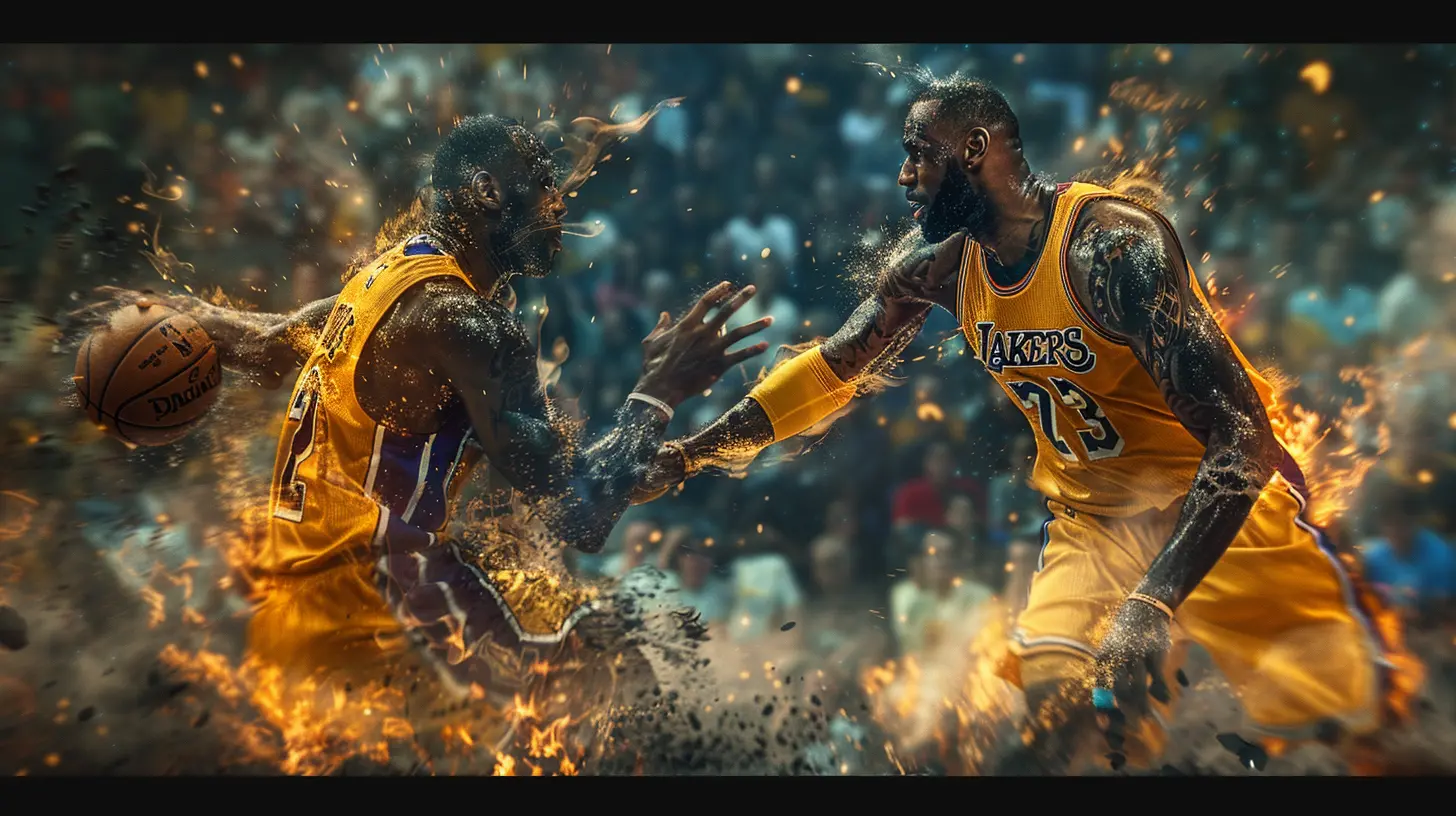
Trash Talk Through The Ages
Trash talk isn't new. It's been around as long as the game itself. From the playgrounds to the pros, players have always used verbal jabs to get an edge. But the style of trash talk has evolved over the years. Let's take a quick trip down memory lane and look at some of the iconic trash talkers throughout basketball history.Larry Bird: The Silent Assassin
Larry Bird wasn’t flashy. He didn’t have the swagger of a modern-day player. But when it came to trash talk, Bird was in a league of his own. The thing with Bird was that he didn’t need to yell or get in your face. His trash talk was quiet, almost casual, but it stung like a bee.One of his most famous moments came during the 1986 Three-Point Contest. As he walked into the locker room, he looked around at the other competitors and said, “I want all of you to know I’m winning this thing. I’m just looking around to see who’s going to finish up second.” And then, of course, he went out and won.
Bird’s trash talk was subtle, but it was always backed up by his game. He didn’t need to scream or shout to get into his opponents' heads. He let his skills do the talking.
Michael Jordan: The King of Trash Talk
When it comes to trash talk, Michael Jordan is king. His competitive nature was unmatched, and he used trash talk as a psychological weapon. Jordan would find a way to get under his opponent’s skin, whether it was a subtle jab or an outright insult. And the thing is, he usually followed it up with an on-court performance that made you regret even showing up.One of the most famous stories involves Jordan’s encounter with the late great Kobe Bryant. During a game, Jordan reportedly told Kobe, “You can wear the shoes, but you’ll never fill them.” Jordan knew exactly what he was doing—he was challenging Kobe, testing his mental toughness. And as we know, Kobe took that challenge personally and went on to become one of the greatest players of all time.
Kevin Garnett: The Intimidator
If Jordan was the king of trash talk, then Kevin Garnett was its enforcer. Garnett wasn’t afraid to get personal. He would get in your face, scream, shout, and say things that would make even the toughest players flinch. His trash talk was all about intimidation.Garnett didn’t just talk to talk—he talked to scare. He wanted you to know that he wasn’t just going to beat you; he was going to dominate you. And his words were often so raw and unfiltered that they left a lasting impact.
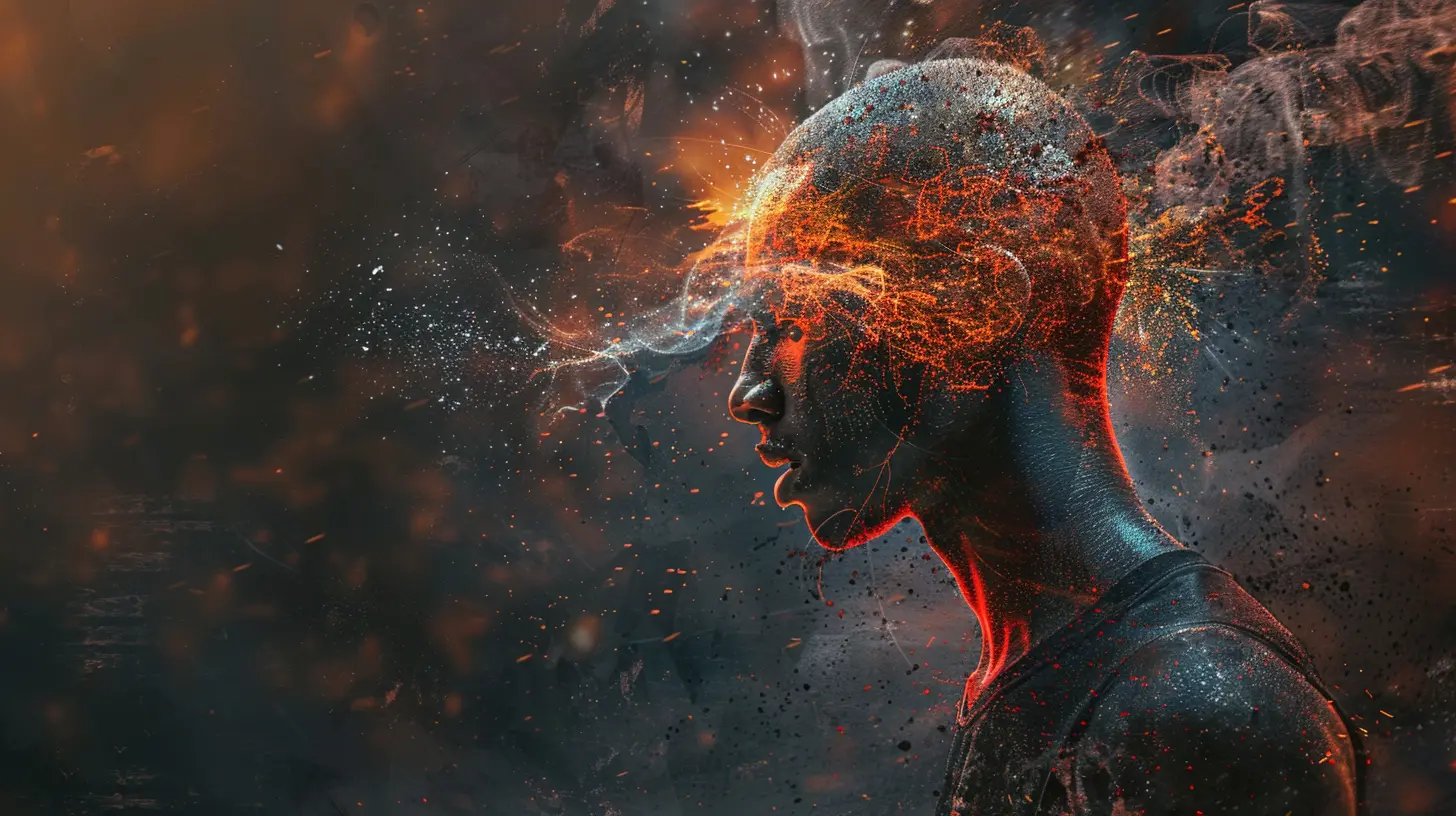
Trash Talk in Today’s Game
Trash talk isn’t as prevalent today as it was in the '80s and '90s, but it still exists. The game has changed with social media, and players are much more aware of their public image. But that doesn’t mean trash talk is dead—it’s just evolved.Players like Draymond Green and Patrick Beverley have picked up the mantle. Green is known for his vocal presence on the court, constantly chirping at opponents and trying to get under their skin. Beverley, on the other hand, uses a mix of physicality and trash talk to assert himself, often playing the role of the agitator.
But here’s the thing—today’s players are also much more aware of the mental aspect of the game. They know how to handle trash talk better. Instead of letting it affect their game, many players use it as motivation. In some ways, this has made trash talk less effective, but it’s also elevated the mental toughness of modern players.
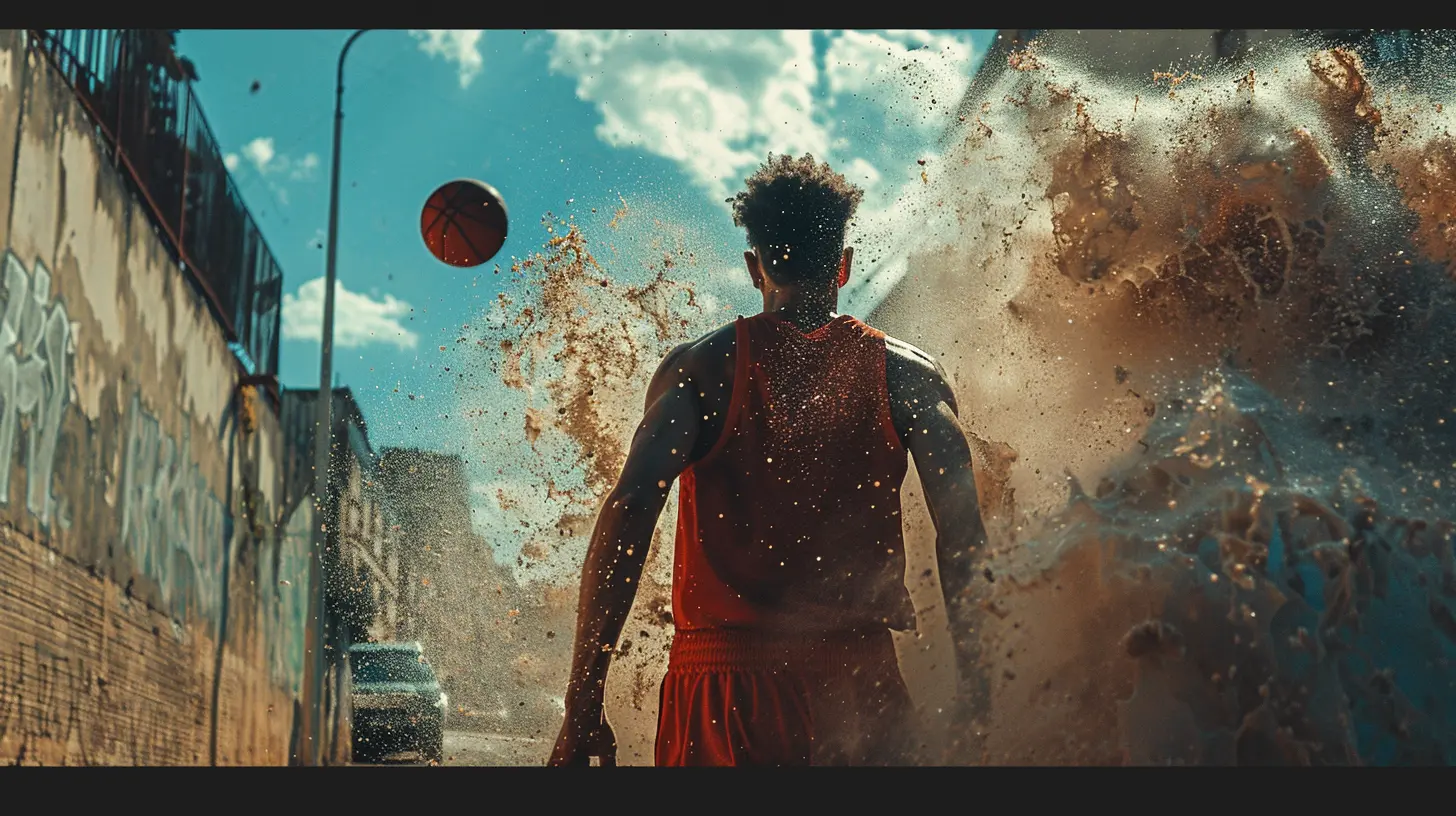
The Fine Line: When Trash Talk Goes Too Far
While trash talk can be an effective tool, there’s a fine line between mental warfare and crossing the line. Some players have taken it too far, and when it gets personal, it can lead to more than just a game of basketball—it can result in altercations, suspensions, and damaged reputations.The NBA has even implemented rules to curb excessive trash talk, especially when it crosses into personal territory. Trash talk should be about the game, not about attacking someone’s family, race, or personal life. Once it crosses that line, it stops being part of the sport and becomes something much darker.
How to Handle Trash Talk
If you’ve played basketball—whether it’s at the park, in high school, or even professionally—you’ve likely encountered trash talk. So, how do you handle it? The key is to stay focused. Trash talk is designed to break your concentration, but if you can block it out and stay locked in on your game, it loses its power.Some players even use self-talk to combat trash talk. Telling yourself, “I’ve got this,” or “I’m better than that,” can help you stay mentally strong. Other players simply embrace it, using it as fuel to elevate their game, just like Jordan or Garnett did.
At the end of the day, trash talk is part of basketball culture. It’s not going anywhere. The question is, how do you respond? Will you let it get in your head, or will you rise above it and let your game do the talking?
Conclusion
Trash talk in basketball is more than just words—it's a strategic tool in the mental chess match that happens every time players step on the court. It can rattle opponents, boost confidence, and sometimes even decide the outcome of a game. From legends like Larry Bird and Michael Jordan to today’s trash-talking stars, mental warfare has always, and will always, play a role in basketball.So, the next time you hear someone talking smack on the court, ask yourself—are you going to let it get to you, or are you going to rise above it? Because in the art of trash talk, the mentally strong always come out on top.

![A Closer Look at [Player Name]: The Skills Behind the Superstar](/pictures/blog/small/a-closer-look-at-player-name-the-skills-behind-the-superstar_3.webp)
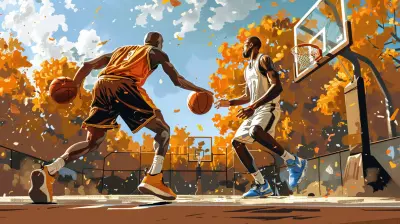

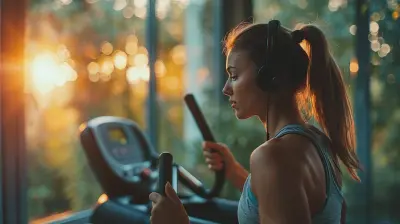
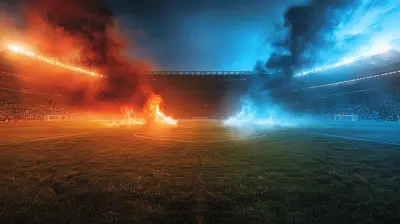

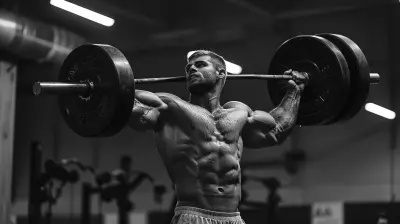
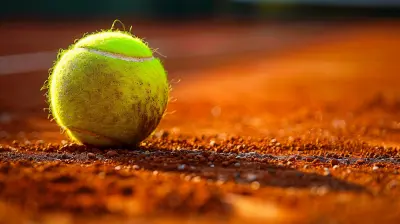

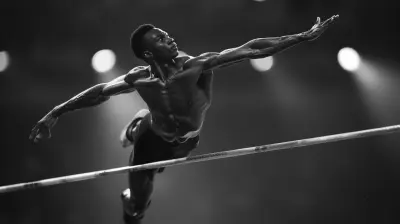
Josie McNaughton
Forget the three-pointer! The real game-changer is mastering the art of trash talk. Remember, the only thing sweeter than a buzzer-beater is watching your opponent silently rethink their life choices!
April 3, 2025 at 12:57 PM